In September, the first series of a new treatment for low-grade upper tract urothelial cancer (LG-UTUC) was completed for a patient at UC San Diego Health.
UCSD Health doctors are now administering Jelmyto, the first Food and Drug Administration-approved drug for LG-UTUC. Jelmyto is a combination of mitomycin, an established chemotherapy drug, and hydrogel, a water-soluble polymer developed for use in humans. This particular hydrogel is a liquid when cold, but a gel at body temperature, allowing doctors to administer the cold drug as a liquid through a catheter. The drug then solidifies into a gel and stays in the treatment area for 4-6 hours.
LG-UTUC is a subtype of upper tract urothelial cancer that is less likely to spread to other parts of the body. While metastasis, the spread of cancer in the body, is not usually an issue for this type of cancer, it can still cause problems in the urogenital tract by blocking urine flow.
These tumors are found in the epithelium of the kidneys and the ureter, the tubes connecting the kidneys to the bladder. The standard of care for these tumors is often radical nephroureterectomy, which is the removal of the kidney, ureter, and part of the bladder. While there are some alternative treatments to save the kidneys, such as endoscopic tumor removal — the removal of a tumor with the assistance of a small camera — the urogenital tract is complex, making this procedure difficult.
Furthermore, each of these treatment methods — RNU and endoscopic tumor removal — have associated risks. RNU is associated with decreased kidney function in the long term and the development of chronic kidney disease, which is a risk factor for hospitalization, heart disease, and death. Endoscopic tumor removal has higher cancer recurrence rates than RNU.
Dr. Aditya Bagrodia, Associate Professor of Urology and Genitourinary Oncology Lead at UCSD Health, commended the work of UCSD health employees in making this treatment possible.
Bagrodia noted, “the coordination required from the cancer center, from the pharmacy, from the operating room, and from the urology administrative staff and the herculean efforts from each one of those parties is what makes this possible. It’s a lot of work but it’s worth it for our patients.”
According to Jelmyto’s website, the drug was found to be remarkably effective, as “58% of patients had their tumors disappear after treatment with Jelmyto,” and one year after treatment, the majority of patients whose tumors disappeared were still cancer-free. Jelmyto’s efficacy makes endoscopic tumor removal using Jelmyto a more viable alternative to RNU.
Jelmyto is a great option for patients because it provides LG-UTUC patients the opportunity to preserve one of their kidneys. This further prevents other complications associated with kidney removals like dialysis, kidney transplant, and kidney disease.
While it’s too soon to tell how effective the treatment will be for UCSD Health patients, Bagrodia is “optimistic that our patients are going to do well with it.”
Jelmyto was approved for use by the FDA in April 2020, but the rarity of the disease and an intensive drug administration program delayed its use at UCSD. According to the FDA, 6,000-8,000 cases of LG-UTUC are diagnosed each year in the United States. UTUC affects approximately 2 people per 100,000 people each year, and LG-UTUC accounts for 30% of UTUC patients.
Art by Allen Chen for the UCSD Guardian


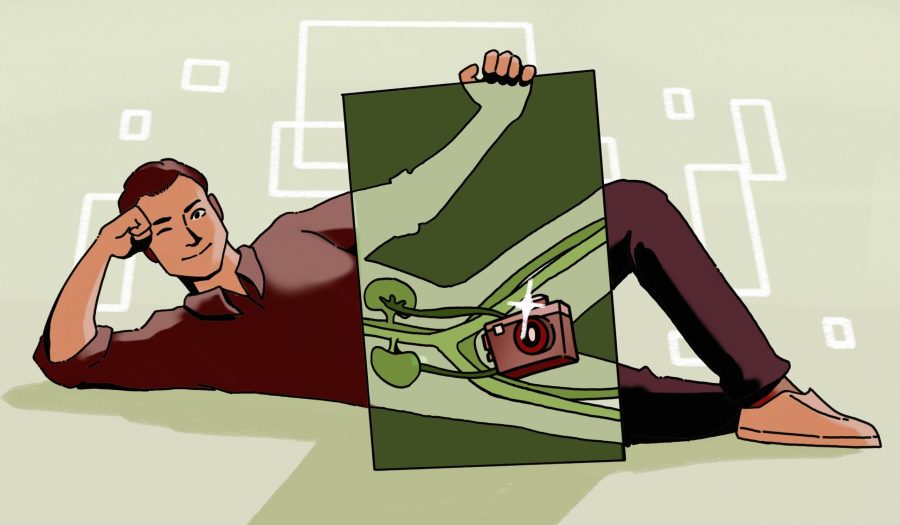













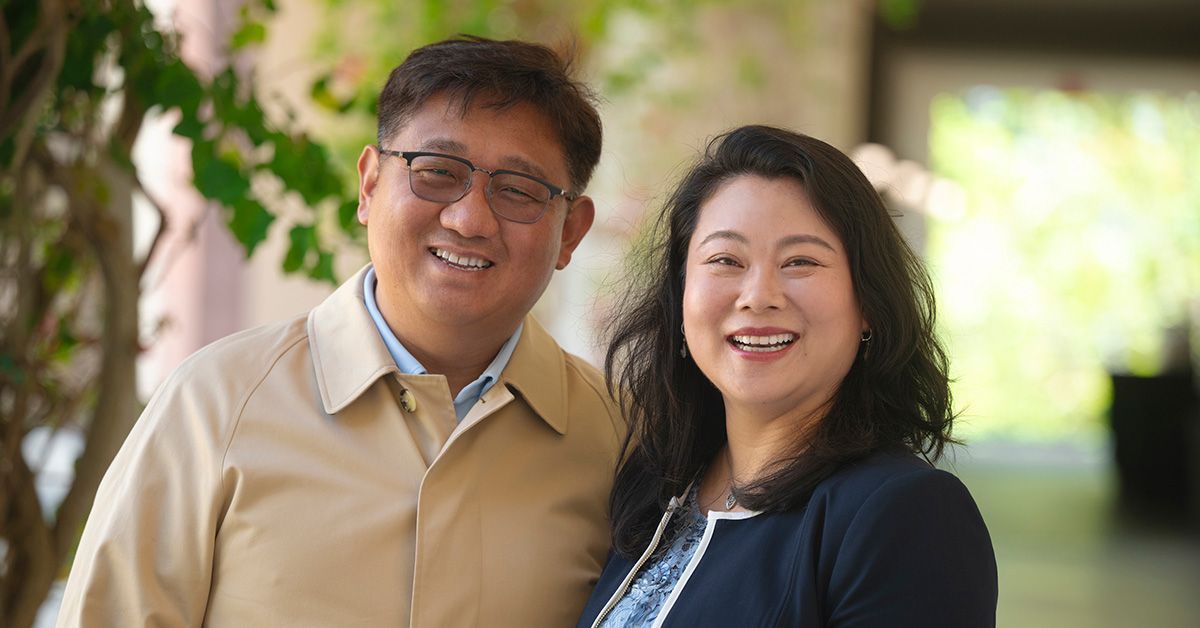
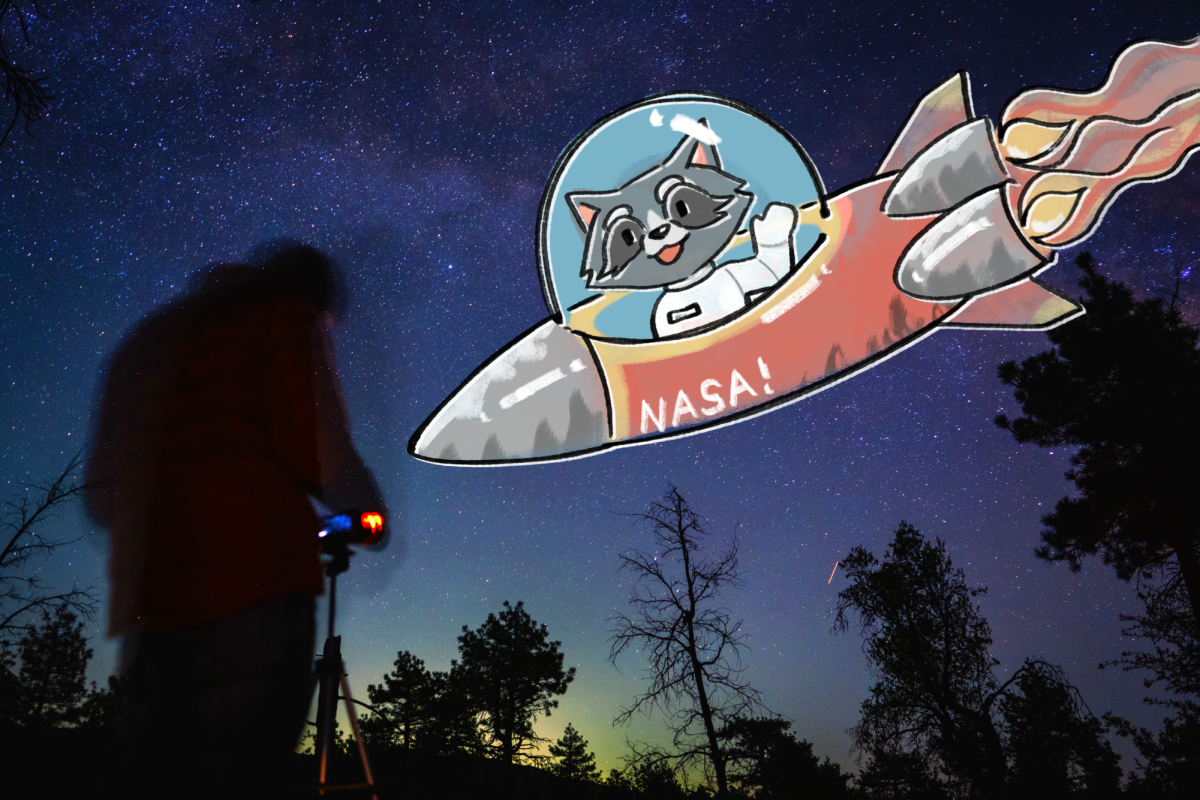
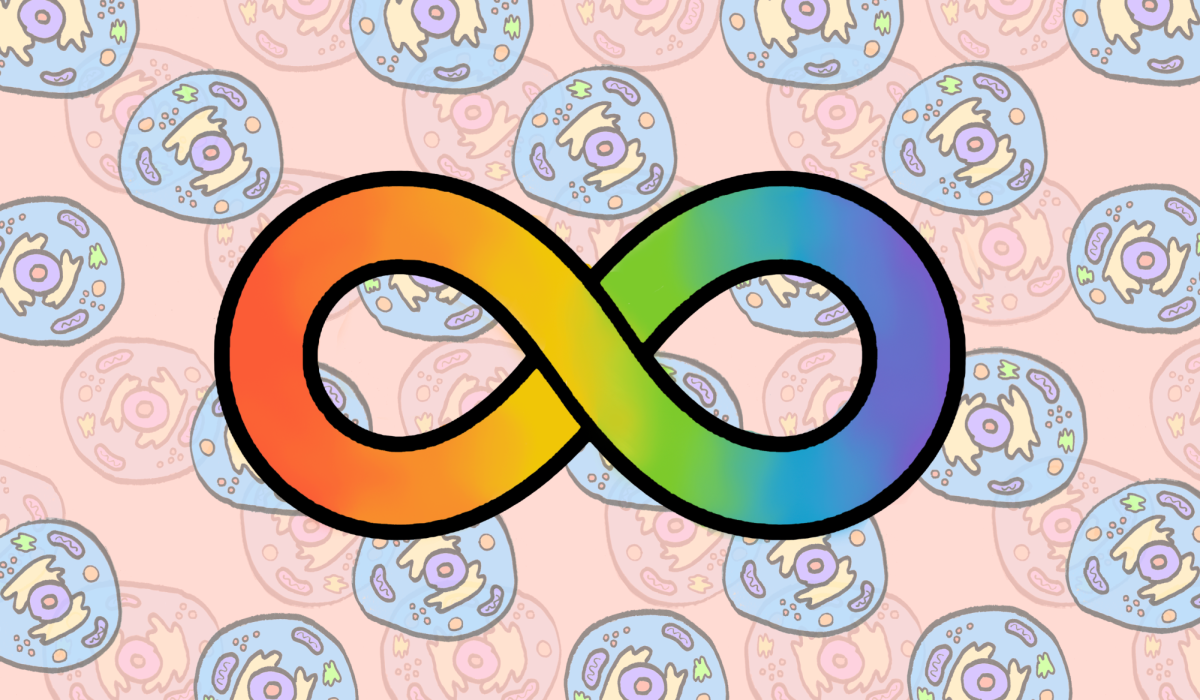
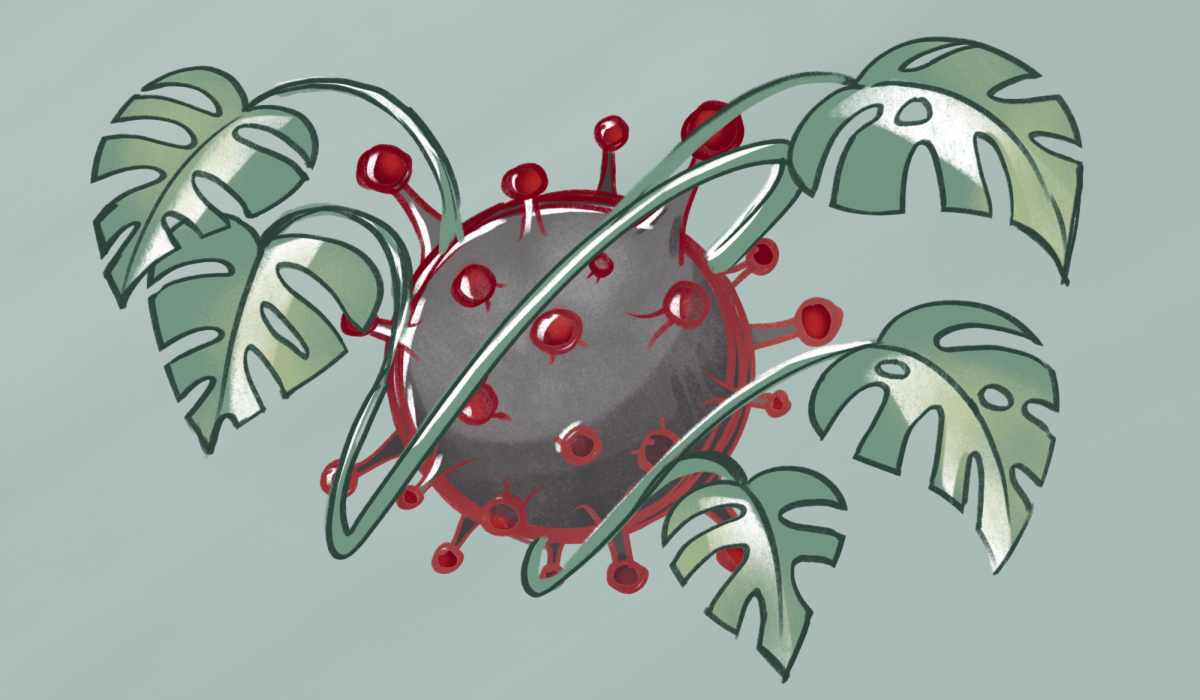

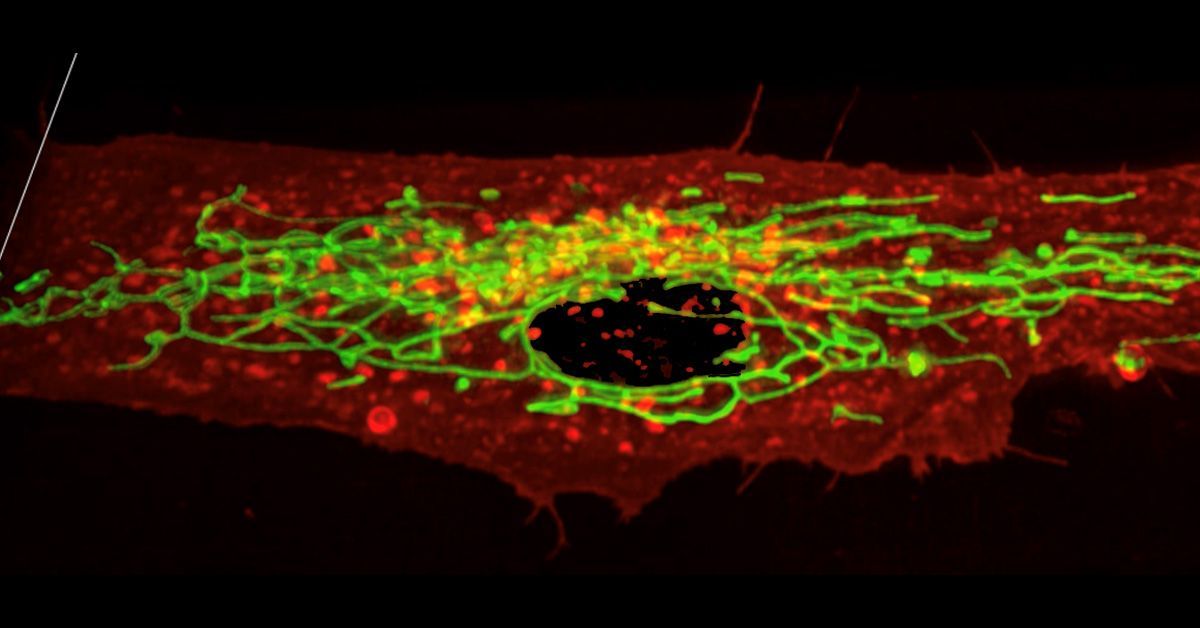
Alex • Jul 21, 2023 at 5:33 am
It is a technological discovery
Sandra • Dec 1, 2022 at 1:19 pm
Thanks for the great post! Nature and rest help to avoid stress and keep up mental health. As a student, I try to plan my study-life balance and rest. Check this post to learn more about how to save mental health https://www.epainassist.com/children/the-connection-between-drug-abuse-and-the-mental-health-of-students and about the connection between drug abuse and mental health.
Atlasiko • Nov 8, 2022 at 7:07 am
Technologies do not stand still
cookie clicker • Oct 31, 2022 at 9:55 pm
It is very difficult to go to the toilet for people with urinary tract cancer if it is detected in the early stages, can this method be better used?